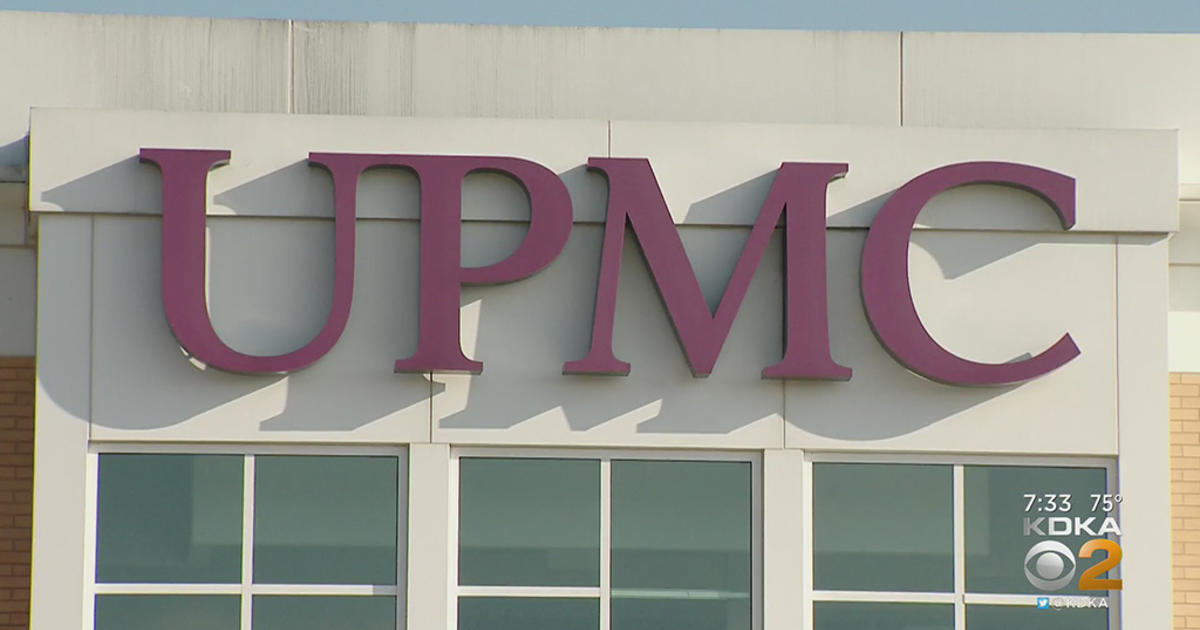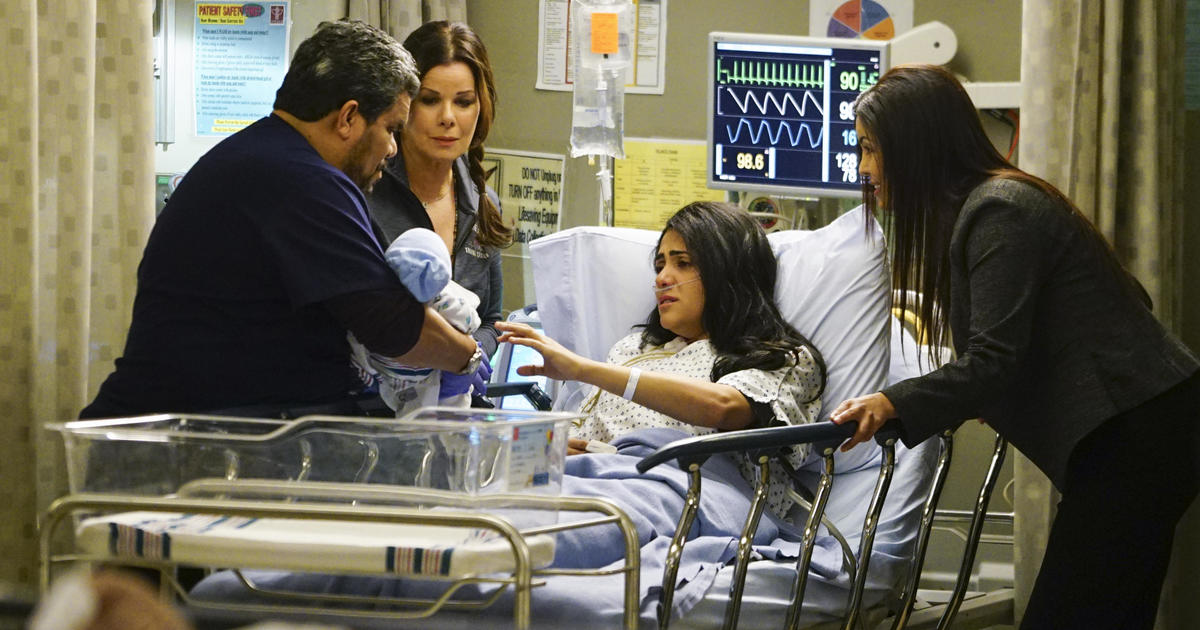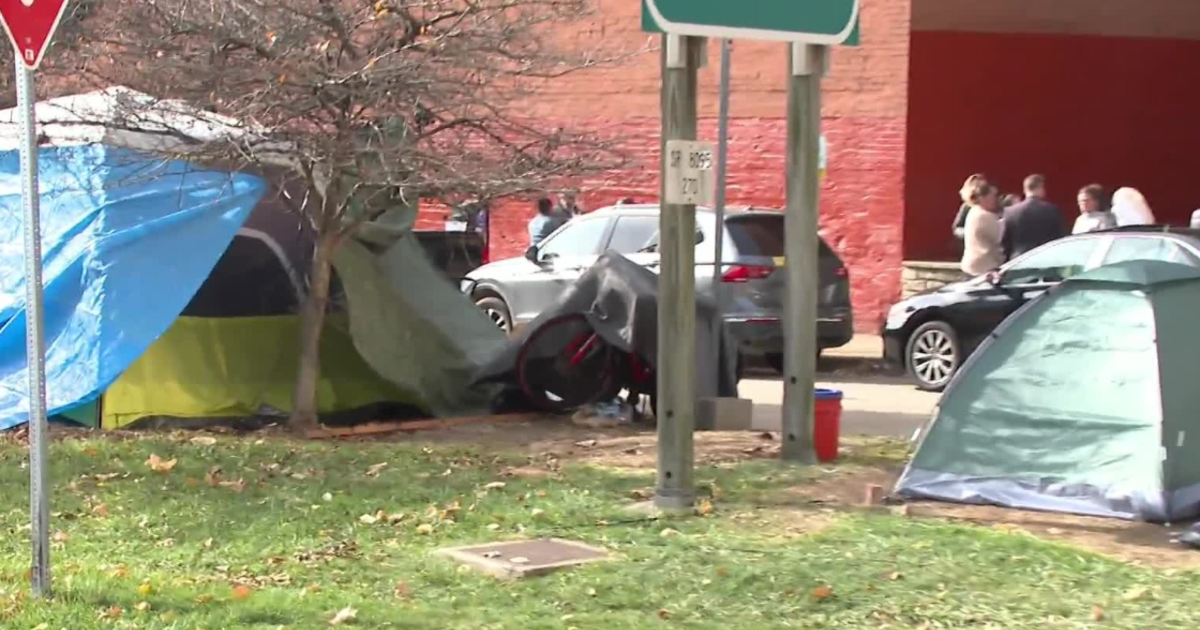UPMC Doctor Details Common Coronavirus Vaccine Hesitancies
PITTSBURGH (KDKA) -- Deep-seated mistrust, health concerns and political ideologies are just three of the reasons experts say some people refuse a coronavirus vaccine dose.
KDKA's Meghan Schiller checked in with UPMC Chief Medical Officer Donald Yealy and asked him what is the ideal vaccination rate, and what are the reasons he's hearing as to why people are hesitant?
Yealy said experts were throwing around a number in the 70s for an ideal vaccination rate across the state.
He also broke down the most common hesitances, including people fearful about how well the vaccines are studied; people scared about the possible side effects; and people fearful because of health concerns like pregnancy.
"These vaccines have been exceptionally well-studied. You may think we just had a pause. I would say the pause is exactly the reason you should be comforted. In other words, the federal government, the state and even us as individual vaccinators are looking very carefully to make sure you're well-protected and you're safe," Yealy said.
"These side effects are incredibly rare," Dr. Yealy added. "It's not clear if they're even more than what we would expect in the background, and the effects from unprotected COVID-19 infection are far worse."
"If you're pregnant, which is safer for you and your baby: Getting the infection or getting the vaccine? I can tell you as a physician, the vaccine is far safer," Dr. Yealy said.
According to the latest Monmouth poll, about one in five American adults remain unwilling to get the vaccine. Currently, 21 percent of Americans surveyed claim they will never get the vaccine if they can avoid it. That number was 24 percent in January and March.
Dr. Yealy said UPMC has teams working at every clinic and going out to work on fixing the deep-seated distrust.



